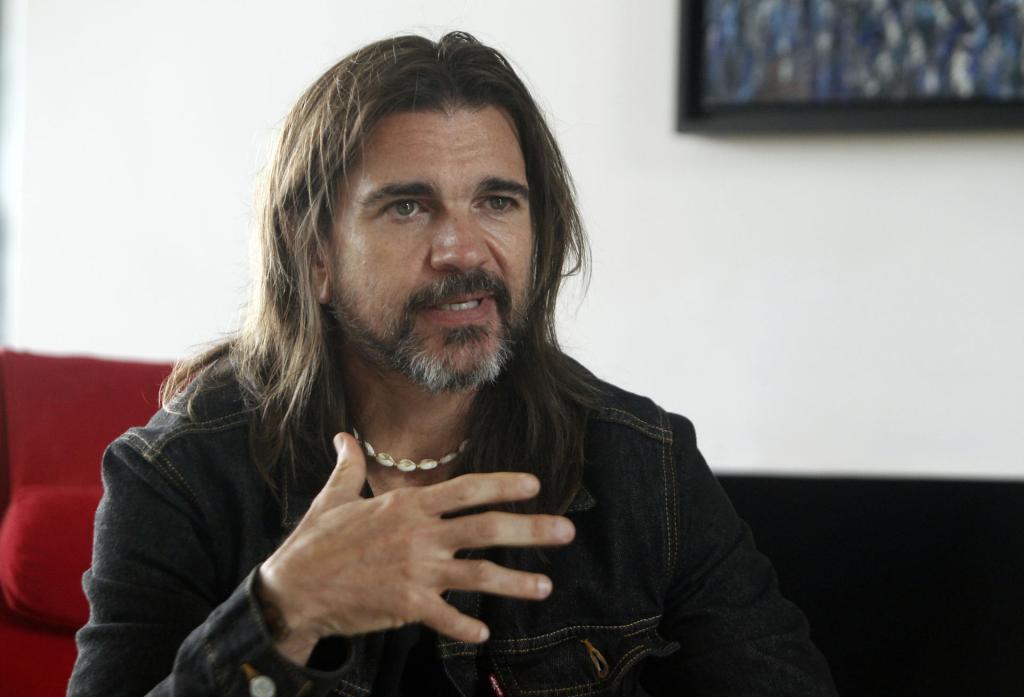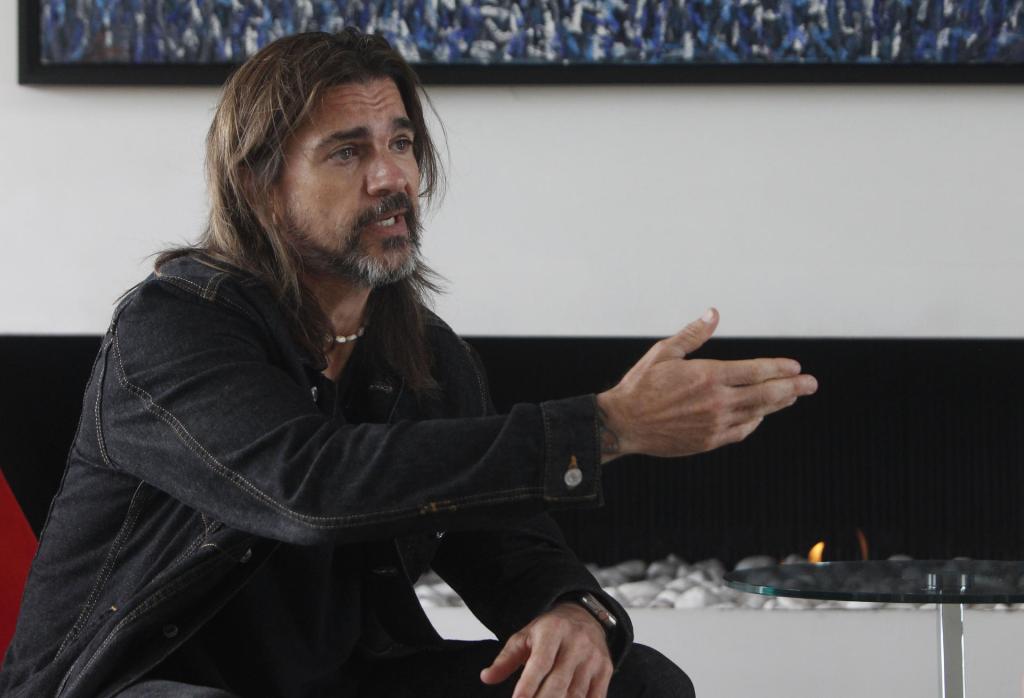By Jeimmy Paola Sierra |
Medellín, Colombia (EFE) his career and without recognizing himself as a “virtuoso” of music.
“I have never been a virtuoso of anything, neither the guitar nor the singing, but everything I try to do I do with great enthusiasm, and I continue studying every day to improve,” says the Colombian artist in an interview with EFE at his home on the outskirts of Medellín.
With “Origen” as the prelude to this album that has just seen the light of day, the interpreter of hits like “A Dios le pido” reconnected in times of pandemic with his essence to return to the guitar, rock, popular music, “to what I am” to live a journey with seasons in pain, sadness, love and hope.
He wrote the songs without thinking about the listener, something “too liberating” because for years “the pressure” that he put on himself “tormented him to the point” that he sat down to compose and “nothing came to mind,” he says, alluding to a “very dark age”.
Today, when he got rid of everything, he has a kind of license to say: “I want to make music that comes from my soul, I want to compose and write about what I really feel and am.”
mature into childhood
He looked back, at his beginnings in Medellín, and fed from a time when he made music “without pressure from anything”, a process that has been for him “mature towards childhood”, remembering what moved him to take up the guitar and compose when he was not a superstar.
“I am very grateful for this step because of that darkness that has me in this place, where I feel full and calm, honest,” he confesses.
Although he already gave little tastes with the singles “Amores Prohibidos”, “Gris” and “Veneno”, Juanes (Medellín, 1972) cannot perceive what will happen with an album in which he expresses his most intimate feelings using art to “channel ” emotions.
“I don’t know what could happen. The only thing I know is that I put everything on this record, my soul. It is not an album that is pretending to follow some fashion trend or anything because they are songs of my style and very personal”, says the 51-year-old singer-songwriter.

He explains that “Daily Life” talks about human relationships, “in the end it is the most vulnerable and sometimes it is the strangest because feeling naked in front of people telling such intimate things is strange”.
In this album of eleven original songs, the artist dared to speak of a “deep crisis” with his wife, for whom he also wrote “Cecilia”, a declaration of love that the Dominican Juan Luis Guerra polished with Caribbean rhythms.
In “Vida Cotidiana”, the ballad that gives its name to the new album, he addressed a disagreement with his eldest daughter when she claimed independence in her adolescence, a moment in which he was “totally lost” because he felt “invisible” in front of her, but that made him evoke his youth.
“Before my dad passed away, he told me to cut my hair, and I told him ugly. I did not know that he was going to die, ”he says.
Juanes sings to the disappeared
He got together with the Puerto Rican Tommy Torres to refresh the album with “Más” and “El abrazo”, songs “more light, more to dance”, very different from the social messages of “Mayo” and “Canción Desaparecida”, a theme on forced disappearance in Colombia, in which Mabiland, a powerful voice from the Pacific, participates.
“It is not a political song, far from it. For me this is something that simply marks a photograph of a moment in the reality of Colombia”, he argues about the single that alludes to “false positives”, as the executions of civilians perpetrated by the Army are known in the country.

Juanes intuits that many people are going to “connect” with the message, but others are going to “criticize” it and want to “erase it from the panorama.”
However, he felt that it was opportune to make a “memory” because “it is the truth and it cannot be hidden.”
“I thought about it a lot before making the song and the video. I said ‘I don’t care’. I can’t be afraid to make a song. That would be the last straw. Absurd. I think people are going to connect, they are going to understand the message, what ‘Mabi’ says is too powerful”, concludes the singer-songwriter.






